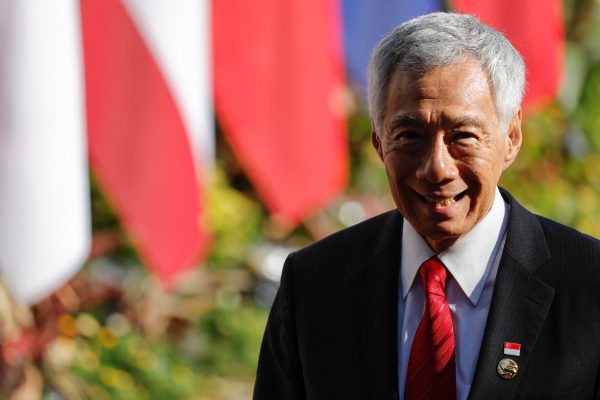Singaporean Prime Minister Lee Hsien Loong announced his decision to step aside after two decades in office, paving the way for Lawrence Wong to assume leadership next month. Wong, a Harvard University graduate known for his effective management during the pandemic, will succeed Lee, marking the end of a long era of Lee family rule dating back to Singapore’s inception.
The Lees, credited with steering Singapore towards becoming Asia’s wealthiest nation, leave behind a legacy of economic prosperity but also face challenges regarding the city-state’s high cost of living and growing geopolitical tensions. Analysts anticipate Wong to provide continuity and stability, especially as Singapore navigates through uncertain times.
Wong’s administration faces immediate tests, including the possibility of early elections and addressing public sentiments on various issues. With dissatisfaction lingering over the cost of living and income inequality, Wong aims to garner support across Singapore’s diverse society, seeking to secure a strong mandate for his leadership.
Lee’s tenure saw Singapore weather significant crises, including the global financial downturn and the COVID-19 pandemic, with the government implementing unprecedented fiscal measures to support the economy. Despite challenges, Lee maintained diplomatic balance between major powers and sustained Singapore’s reputation for clean governance.
As Lee transitions to a senior ministerial role, speculation arises about the future political landscape, with little indication of his children’s interest in politics. Lee, reflecting on his family’s legacy, acknowledges the burden carried by his descendants but remains committed to supporting the new leadership.
The handover signifies a pivotal moment for Singapore as it looks towards the future beyond the Lee era. While challenges persist, there is optimism that Wong’s leadership will steer Singapore towards continued progress and prosperity, marking a new chapter in the nation’s history.






